HOME > Basketball
When a returnee genius encounters local prejudice, where is the future of Chinese basketball?
1:41am, 18 June 2025【Basketball】
On June 16, 2025, only two weeks left before the opening of the U19 World Youth Championship, on the tactical board of the Chinese Men's Basketball Training Base, Qu Shaobin's coaching team repeatedly marked the tactical routes of "Zhang Boyuan holding the ball on the top of the arc", "Zhu Zheng's pick-and-roll bounce" and "Xun Sinan weak side assisting defense" with red arrows. These three overseas returnees who are highly anticipated by fans will be tested in the Hungarian are about to be tested in the final stage - are they "real dragons" that rewrite the history of Chinese basketball, or "silver-like gun tips" that were blown up by the traffic bubble?
1. "Rashomon" in the warm-up match: The survival dilemma of overseas returnees
Starting from the U19 national youth coached by Han Deng, overseas returnees seem to have fallen into a vicious circle of "warm-up match is demoted - a counterattack in the main match". Zhao Weilun was criticized for being "poor in the confrontation and defensive colander" in the 2023 Asian Youth Championship warm-up match, but averaged 18.2 points and 5.7 assists per game in the main game, leading the team to defeat Japan to win the championship. Wang Junjie was marginalized by the University of San Francisco in the early stages of the 2024 NCAA season, but scored 21 points and 8 rebounds against Spain in the World Youth Championship, directly defeating European star Garuba. Behind this phenomenon, it reflects the deep contradictions in the Chinese basketball youth training system:
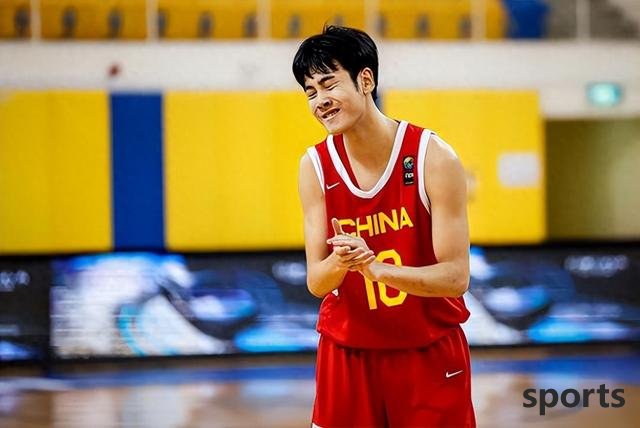
1. The cognitive gap of tactical adaptation
Domestic coaches are more accustomed to using "systematic" players, while overseas returnees often carry the personal technical characteristics developed overseas. For example, Xun Sinan was asked to "squat the pit and protect the frame" in the warm-up match, but the "change defense outside line + quick return" skill he mastered in the NCAA was shelved. This tactical misalignment caused the returnees to struggle in the warm-up match, but they regained their vitality in the main game due to changes in the opponent's tacticals.
2. Dimensional deviation of data evaluation
Domestic coaches pay more attention to "basic data" (such as scoring and rebounding), but ignore "tactical value" (such as pick-and-roll quality, defensive coverage). Zhu averaged only 7 points per game in the warm-up match, but his 4.3 assists and 1.8 steals directly activated the team's conversion offensive system. This "implicit contribution" is often underestimated in the domestic evaluation system and is not revealed until the opponent's targeted defense fails in the main game.
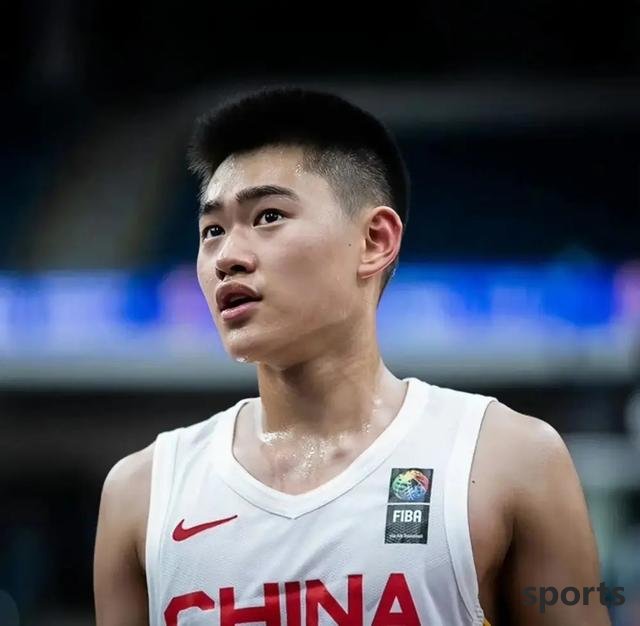
2. The "Demon-Seeing Mirror" of the World Youth Championship: the ultimate showdown between strength and traffic
This World Youth Championship is called the "first year of traffic", and the addition of Liao and Guangdong players has soared attention. But what really determines the future of the Chinese men's basketball team is still the performance of the three overseas returnees:
1. Zhang Boyuan: Self-salvation of domestic Durant
This Shanxi men's basketball star showed the characteristics of "scoring kaleidoscope" in the warm-up match - against the New York Revivers in the United States, he led the team to double-kill their opponents with a comprehensive performance of 15 points, 2 rebounds, 2 assists. But his "glass attributes" are worrying: the 2024 U16 Asian Youth League missed the semi-finals due to an ankle injury, which directly led to the Chinese team missing the final. In the World Youth Championship, he needs to prove that he is not only a "data brush", but also a leader who can carry the team forward.
2. Zhu Zheng: The naturalization experiment of mixed-blood guards
Despite the twists and turns in the naturalization procedures, Zhu Zheng still showed the unique value of "American point guard" in the warm-up match. He averaged 4.3 assists per game to revitalize the team's offense, and his ability to "hold the ball and solve the problem" at critical moments is something that traditional domestic defenders lack. But Qu Shaobin's coaching staff's use of him is still controversial: in the game against Egypt, he was replaced due to insufficient confrontation, while Yang Yi's full-game pressing tactic led to the collapse of the team's positional battle. In the World Youth Championship, he needs to find a balance between "tactical adaptation" and "personal characteristics".
3. Xun Sinan: A Lian's successor's Nirvana Road
This 2.18-meter inside star scored only 5.2 points in the warm-up match, but his defensive influence was covered up by the data - his "ghost block" in the penalty area reduced the opponent's breakthrough efficiency by 37%. In the last World Youth Championship, he saved the team with 23 points, 8 rebounds, and 7 blocks. In this World Youth Championship, he needs to prove that he is no longer a "warm-up softie", but an inside behemoth that can dominate both offense and defense.
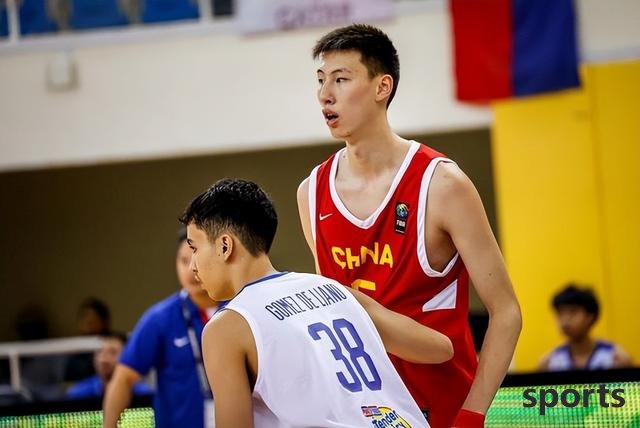
3. The "life and death game" of the youth training system: cold thinking under traffic carnival
When domestic youth training players such as Wan Menglin (7.1 points per game in the U19 World Youth Championship) and Qu Xiaoyu (less than 5 minutes of playing time in the CBA), the rise of overseas returnees is rewriting the talent pattern of Chinese basketball:
1. The "honor trap" of domestic youth training
Wan Menglin won the MVP in the U19 Youth League, but it is difficult for him to enter the regular rotation in the CBA. This phenomenon of "disconnection between honor and strength" exposes the drawbacks of domestic youth training over-pursuing short-term achievements and ignoring long-term development. In contrast, the high-intensity confrontation Wang Junjie experienced in the NCAA has made him show a far more mature than his peers in the international arena.
2. "cognitive subversion" in the traffic era
The addition of Liao and Guangdong players has indeed increased the attention of the World Youth Championship, but what really determines the future of Chinese basketball is still the players' hard strength. Yang Yi averaged 4.2 assists per game in the warm-up match, but his 3.5 turnovers exposed his stability issues. Zhu Zheng's "tactical compatibility" and Xun Sinan's "defensive deterrence" are the keys to the Chinese men's basketball team's impact medals.
Related Posts
- The Trail Blazers are 11th, the Spurs are 8th! US media predicts the Western Conference rankings in the new season: Clippers are 5th, Rockets are 3rd, and what are the Lakers?
- Porzingis: If the Celtics don t win the championship, we can exceed expectations in the Hawks
- Causing controversy! Yang Yi: If I were Guo Shiqiang, I would take Yang Hansen. If I don’t fight for the Asian Cup, something will happen.
- Durant Curryton was not Harden s opponent, both of them were almost defeated by the Rockets.
- The Lakers new player debuted: 3D champion + organizational brain, James Luca won the golden puzzle!
- After the Knicks were eliminated, four guesses, one person is the core, Thibodeau was dismissed, the guy touched the ceiling
- The league s first sword aims at the finals! Alexander is in a hot state, Edwards ushers in a life-and-death battle
- Hard! Refusing to apologize to Butler!
- Thunder G2 wants to beat the Nuggets, 3 points become the key! Westbrook wants to do two things well, and Jokic and the other two have no way out
- Nuggets win! Jokic assists the team in 16+10+8 to advance, Westbrook rushed into the court to celebrate after the game
Hot Posts
- The Trail Blazers are 11th, the Spurs are 8th! US media predicts the Western Conference rankings in the new season: Clippers are 5th, Rockets are 3rd, and what are the Lakers?
- Porzingis: If the Celtics don t win the championship, we can exceed expectations in the Hawks
- Causing controversy! Yang Yi: If I were Guo Shiqiang, I would take Yang Hansen. If I don’t fight for the Asian Cup, something will happen.
- Durant Curryton was not Harden s opponent, both of them were almost defeated by the Rockets.
Recommend

Curry is not in the GOAT discussion? Horry: He is the best scorer but unlike Jokozon, who can lock his opponent

Buha: Reeves can get 30 million+ annual salary. I expect him to renew his contract with the Lakers for 120 million in 4 years.
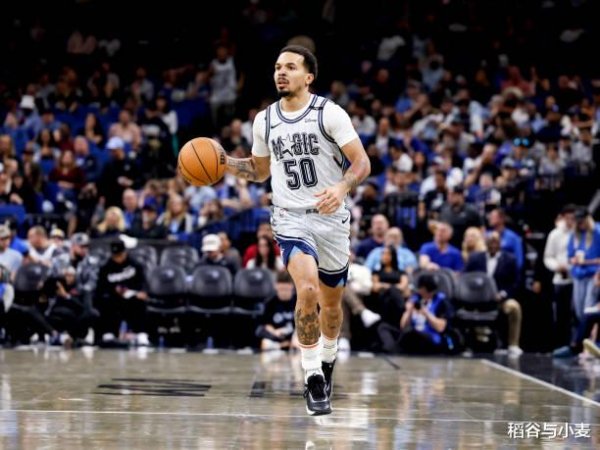
The adaptability to the team is very low, and the Grizzlies may send away new players from the backcourt in the next trade?

Epic 3-party trading plan: Antetokounmpo goes to the Spurs, the Bucks kill two birds with one stone, the Pelicans start rebuilding
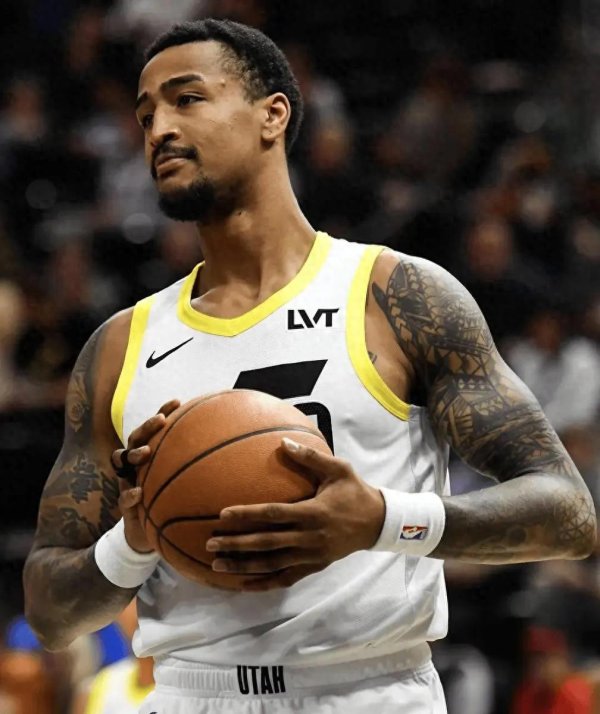
American News: The Lakers intend to trade Hachimura for John Collins negotiations
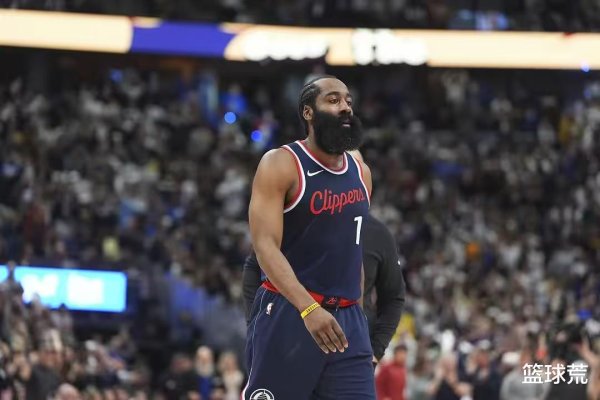
US media predicts the probability of winning the championship in the new season: the Clippers beat the Lakers and ranked seventh, and the Rockets win to third

Celtics vs Knicks G4 Preview: Double Tanhua strives to enter the King of Heaven, Brunson criticizes the team s mentality
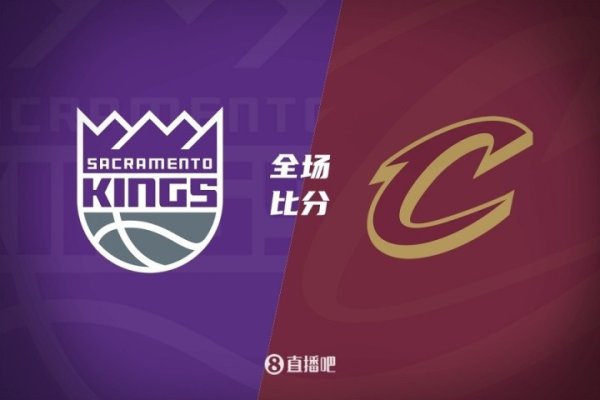
Summer United - Clifford 19+7+9 Proctor scored 35 points in the past, and the Kings 6 players defeated the Cavaliers